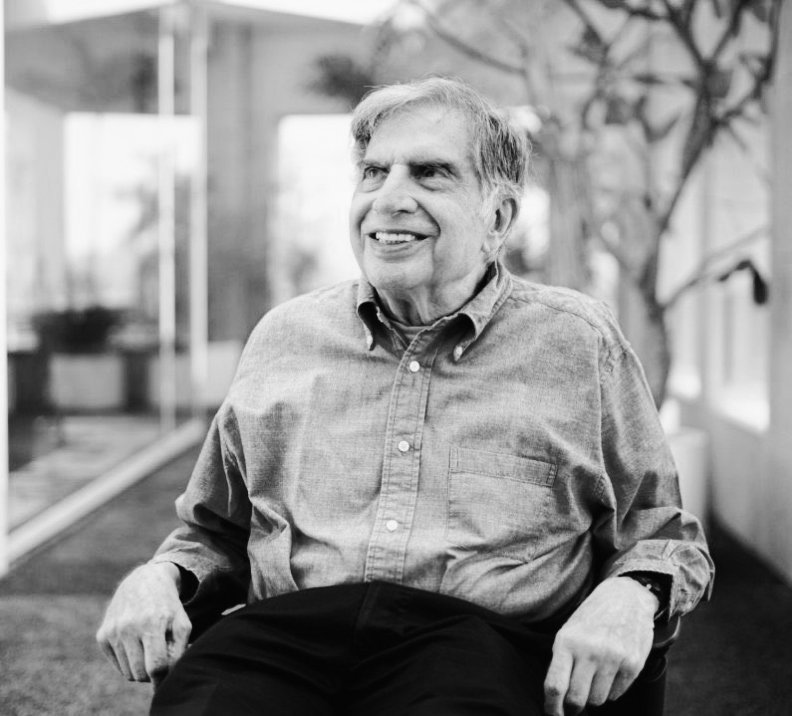|
Getting your Trinity Audio player ready...
|
Never have I ever mourned the death of an industrialist as deeply as I do Mr. Ratan Tata, who touched so many lives directly and indirectly. Mr. Tata, who passed away today, was one of India’s most internationally recognized business leaders. He was regarded by top entrepreneurs as their guru and mentor. Despite being one of the wealthiest people in India, he was known for his kindness, soft-spoken nature, and extreme humility towards people from all walks of life.
Ratan Tata was born into a traditional Parsi family in 1937. He studied architecture and structural engineering at Cornell University in the United States. In 1962, he joined Tata Industries — the promoter company of the group — as an assistant and spent six months training at a company plant in Jamshedpur. From there, he went on to work at various Tata Group companies, including Tata Iron and Steel Company (now Tata Steel), Tata Consultancy Services (TCS), and National Radio and Electronics (Nelco).
In 2008, the Indian government awarded him the Padma Vibhushan, the country’s second-highest civilian honour. Peter Casey, author of “The Story of Tata,” described Tata as a “modest, reserved and even shy man” who had a “stately calm” about him and a “fierce discipline.”
The Tata Group, under his leadership, became one of India’s largest conglomerates, with annual revenues exceeding $100 billion. During his tenure as chairman of the Tata Group from 1991 to 2012, the conglomerate made several high-profile acquisitions, including the takeover of Anglo-Dutch steelmaker Corus, UK-based car brands Jaguar and Land Rover, and Tetley, one of the world’s largest tea companies.
UK Business Secretary Jonathan Reynolds once said in tribute that Tata was a “titan of the business world” who “played a huge role in shaping British industry.” A profile published in The Economist magazine in 2011 called Tata a “titan,” crediting him with transforming the family group into “a global powerhouse.”
“He owns less than 1% of the group that bears his family name. But he is a titan nonetheless: one of the most powerful businessmen in India and one of the most influential in the world,” the magazine said.
Being from Jamshedpur, a small city in India, I take immense pride in living in the city of the Tatas. It is in this place that India’s first iron and steel company, Tata Steel, was established in 1907 by Ratan Tata’s great-grandfather, Jamsetji Tata. The city was named after Jamsetji. Jamshedpur has evolved over the years, being one of the first planned industrial cities in India. It is also known as the “Steel City,” “Clean City,” and “Green City” due to its industrial heritage. The city feels like it is lost a son.
Today, the whole of India is mourning after hearing about his death.
Ratan Tata’s legacy will continue to inspire many, and his philanthropic efforts through the Tata Trusts. The trusts have made significant contributions to various social causes in India, including education, healthcare, and rural development. Even after retiring as the chairman of Tata Sons in 2012, he remained an influential figure in Indian business scene. He was continuing to guide and mentor young entrepreneurs and startups through his personal investments and advisory roles.
His death marks the end of an era in Indian business, but his impact on industry, philanthropy, and nation-building will be remembered for generations to come.
If this article provided you with value, please support me by buying me a coffee — only if you can afford it. You can also connect with me on X. Thank you!



